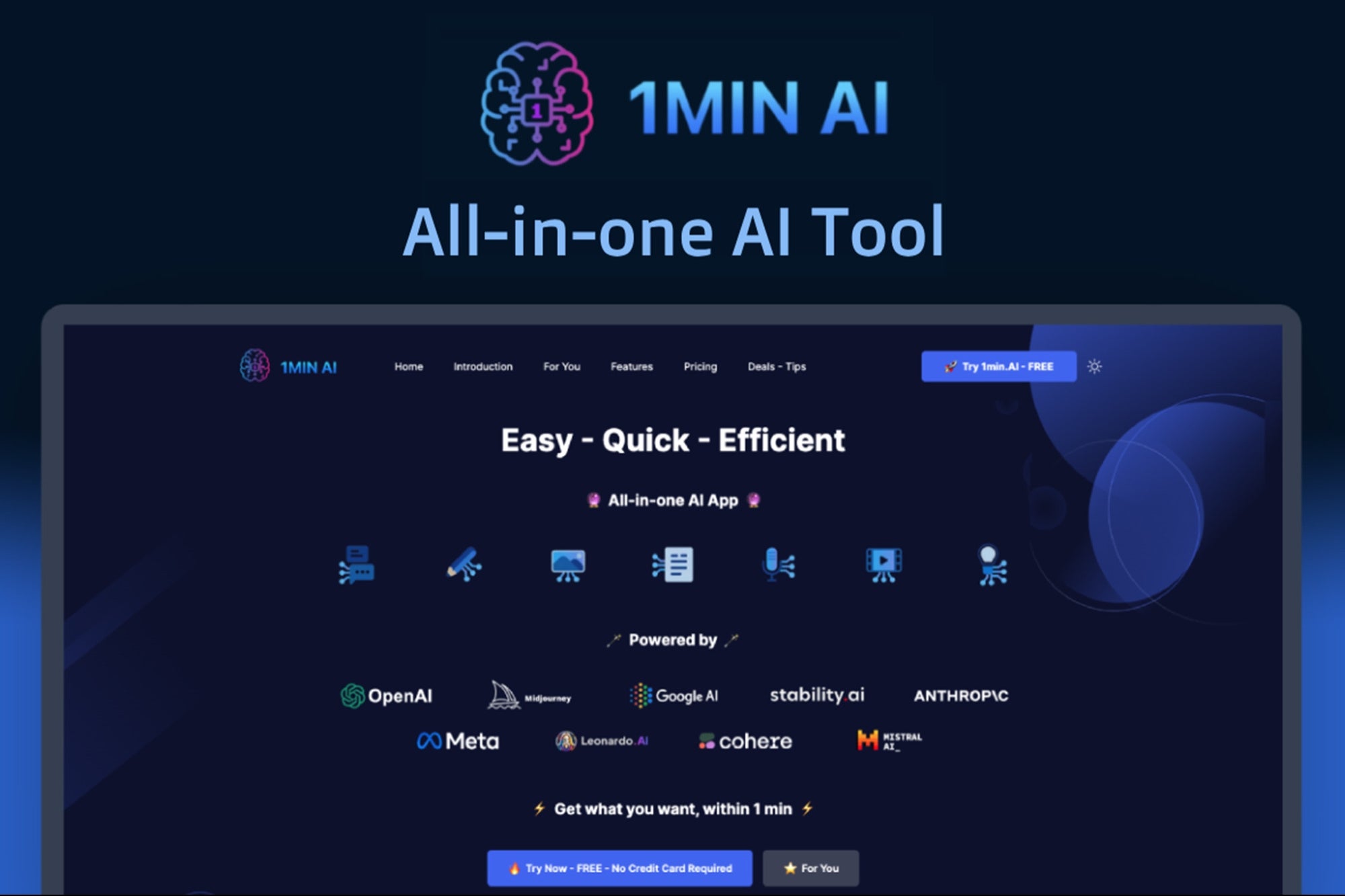What Will be the Impact of GST on the Logistics Industry? With GST in place, India is expected to become a seamless market without any difference in the interstate or intrastate markets
By Varun Biyani
Opinions expressed by Entrepreneur contributors are their own.
You're reading Entrepreneur India, an international franchise of Entrepreneur Media.

The logistics industry in India was estimated to be worth $130 billion and has been growing at a steady rate. While the logistics sector could be among the primary bottlenecks in driving economic growth, it will also act as a catalyst to realizing India's manufacturing and e-commerce dream for the coming decade.
The Sector's Growth and Evolution
Logistics companies in India have evolved over the years from being meagre first-party logistics providers (1PL) to second-party logistics providers (2PL) to integrated fourth-party logistics providers (4PL) by providing a complete package of logistics services, including transportation, warehousing, pool distribution, packaging solutions, inventory management, management consulting, logistics optimization, last-mile delivery etc and complementing them with advanced supply chain facilities.
The Indian logistics industry is continually growing at a rate of 15 per cent. With over seven million goods vehicles moving around the country, the freight volume has reached 1,325 billion ton per km, a figure that is supposed to double by 2025. However, as a nation, we spend almost 14 percent of our GDP on transportation and logistics, whereas in developed countries the spend is around 6-8 percent.
GST Could Help the Logistics Industry Reach its Potential
The Goods and Service Tax (GST) promises to integrate India's multi-layered indirect tax system into a single unified one, unshackling India from its bureaucratic web and improving the ease of doing business. The changes in the proposed indirect tax system could reduce transportation cycle times, enhance supply chain decisions, lead to consolidation of warehouses, etc. which could help the logistics industry reach its potential in terms of matching high-quality service levels and growth.
In this article, we look at the various aspects of the logistics industry that may be affected by GST, and how industry dynamics are likely to change once GST is implemented.
Improvement in Transit Times
Road transportation is the most preferred and economical way to transit bulk goods, however, the Indian road transportation industry is heavily unorganized and there are a lot of in-transit delays incurred due to various regulatory impediments, especially at the state borders.
These unproductive transit hours coupled with the regulatory hassles reduce the efficiency of logistics service providers compared to their international counterparts.
Having a unified market under the new GST regime would assist the smooth flow of goods within the country as India will become a seamless market without any difference in the interstate or intrastate market.
Although, border checkpoints may not be done away with immediately, however, reduced compliance scrutiny at these checkpoints will reduce transport hassles.
This change will enable logistics companies to deliver goods more efficiently and optimize delivery timelines and improve capacity utilization.
The reduction in delivery timelines would also lead to a certain remodeling of the current transportation structures. Service providers would be incentivised to leverage hub-and-spoke supply chain networks by operating large central warehouses and remodeling transportation routes.
Reduced Paperwork and Consolidation
In a unified taxation structure, a lot of taxes will be subsumed such as entry tax, OCTROI will be removed. Removal of such taxes will definitely ease the burden of paperwork on the logistics service providers.
There are a lot of instances where-in vehicles are trapped at the border due to issues with state specific documentation; moreover, logistics service providers need to have specific registration for certain states. A single tax window will unburden the logistics players from such processes and will facilitate quick movement of vehicles across borders.
A major impact of GST will be the consolidation of smaller stock-transfer warehouses into large warehouses in seven major pockets of the country. This will lead to a reduction of overall logistics costs and lead to increased business volumes, which in turn will help boost the GDP drastically.
Focus on Technology
In today's fast-paced world, information technology has to keep abreast of new developments and change according to the changing needs.
GST will entail a new set of compliance requirements for which companies will have to adopt new ERP accounting systems and inventory management systems to remain compliant during all stages.
On the other hand, the industry will then be able to avail tax credits for all its purchases of goods and capital goods alike, be its goods vehicles, delivery vans or packing machinery. Also, tax credits on services will continue to be available under the GST regime.
With GST's imminent implementation, the logistics industry should start exploring different supply chain models with their clients and at the same time develop a completely synchronized ERP accounting system to support inventory supply management as required under the GST regime.
At the moment, there seems to be quite a lot of uncertainty about the migration into GST and everyone seems to be in perplexed. The dispatches and goods movement in the initial few weeks will be slow as everyone tries to get their hands around this massive change in the tax structure. The overall sentiment in the industry is a bit skeptical, and with time things are expected to get clearer.
How smooth the transition would be, only time will tell!












